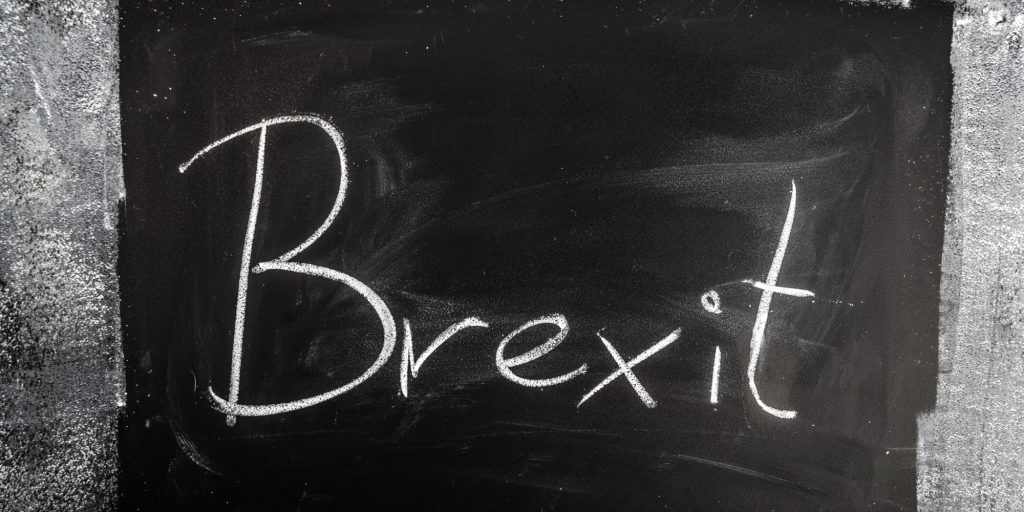Brexit has caused excitement not only in the hearts of population but also became the reason for the lively discussions of the UK IP perspectives. However, there are still no clear forecasts about the effect of this event on both UK law and the professional lives of rightholders, practitioners, academics, and artists.
According to the Cambridge professor Lionel Bently (2016), the promised illusory freedom will make ‘UK copyright law
irrelevant on a global scale'(Rosati, 2016).
Kaye (2016) claims that this could change the way UK-made content is getting and to Europe and perceived by EU consumers. Because of Brexit, the UK will not have co much power in affecting law regulations and its reforms that may lead to unpleasant consequences for British filming and music industry. Probably, EU broadcasters will play fewer British movies, shows, and songs and set higher costs for UK citizens.
Rosati (2016) claims that EU action in the UK copyright area was beneficial. For instance, CJEU case law influenced the UK notion of originality and closed subject-matter categorisation envisaged by the Copyright, Designs and Patents Act. She also considers that the further improvements of UK Copyright law will not be possible without EU influence.
However, Saviddes (2016) believes that Brexit will not make much difference to the UK copyright law. He also discusses the additional freedom that Britain will have in making reforms of copyright dictated by continuous changes in digital technologies.
Thus, there are a lot of forecasts both positive and negative and now it is difficult to say exactly how Brexit will change the licensing of creative works in the UK. The only thing that can be argued at this moment is that the changes will occur.

